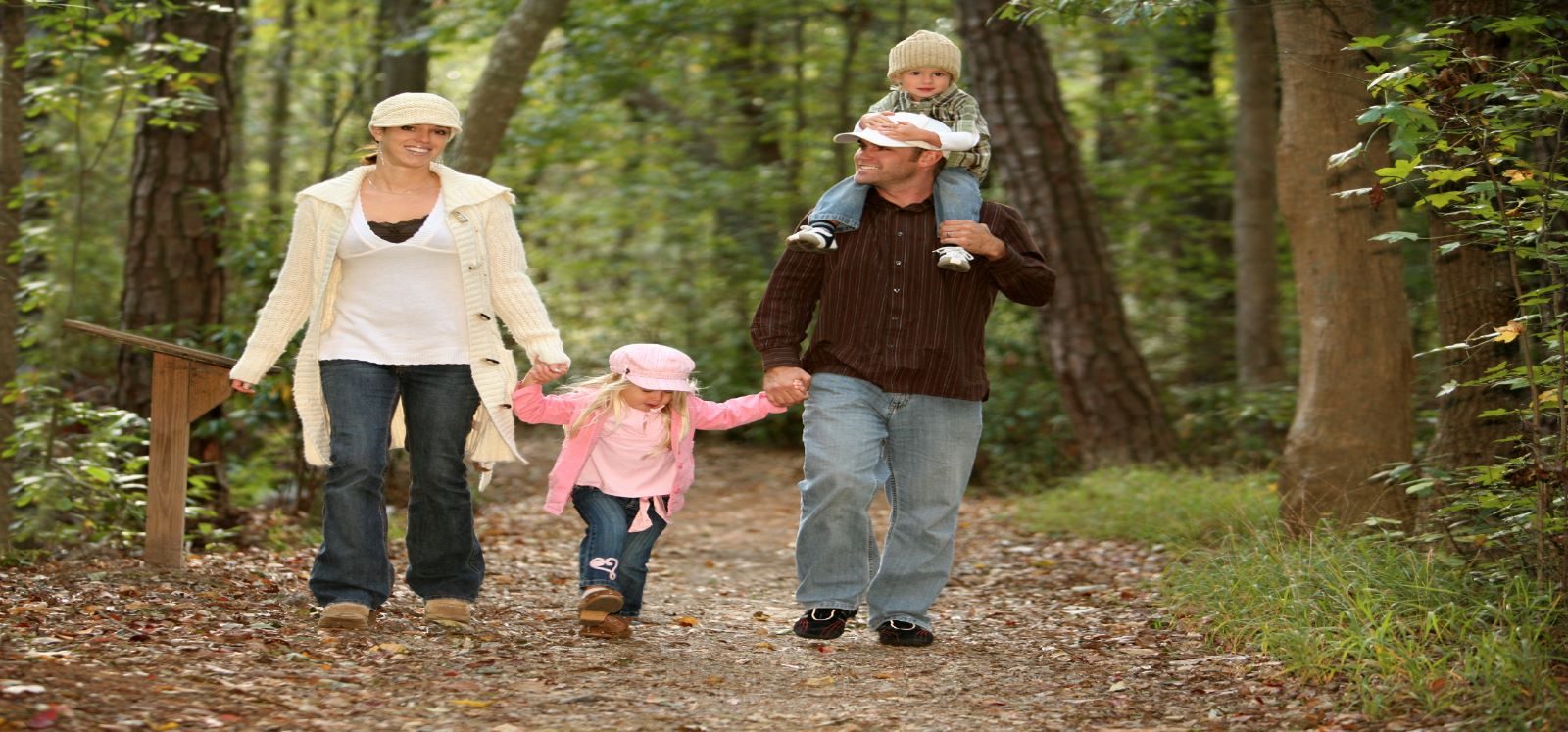The Emotional Wellbeing of Deaf Children and Young People in Northern Ireland

Dr Bronagh Byrne and Dr Catherine McNamee launched the findings of their research report on ‘The Emotional Wellbeing of Deaf Children and Young People’ on 9 November 2022. The research, which was commissioned by the Northern Health and Social Care Trust, sought to identify current and future service needs relating to the mental health and emotional well-being of deaf children through the lens of a human rights framework that explicitly situates deaf children as rights-holders.
There are approximately 1,417 deaf children in Northern Ireland (CRIDE 2019). However, there is an absence of reliable or recent data on the prevalence of their emotional wellbeing issues and little research which examines the perspectives and experiences of deaf children and their parents in accessing emotional wellbeing services and/or the types of services they would find helpful or like to see developed. Furthermore, there is currently no specialist deaf Child and Adolescent Mental Health Services for deaf children in Northern Ireland.
A secondary analysis of the Northern Ireland Youth Wellbeing Study undertaken for the present study suggests that deaf children have statistically significant higher prevalence of Depression, Anxiety, Generalised Anxiety Disorder, OCD, Panic Disorder, and Separation Anxiety Disorder compared to hearing children. In total, almost 21% of deaf children reported having at least one psychological condition compared to about 12% of hearing children. This also aligned to the findings from interviews and focus groups with deaf children and young people and their parents, which provide important insight into some of the reasons why deaf children may be at higher risk of having emotional well-being issues. These factors are rooted in environmental, structural, social and cultural issues, which interact with a child’s deafness to produce distinct barriers and challenges. There was also a perception that more deaf people should be accessing emotional well-being services but were not due to communication barriers.
Based on the project’s findings, the Northern Health and Social Care Trust piloted an intervention programme to support the emotional wellbeing of deaf children and youth. Dr Holly Greer, Consultant Psychiatrist for the Northern Trust, and Caroline Doherty, Regional Deaf CAMHS Project Worker headed the pilot project and spoke at the seminar on what that entails, how it is going, and next steps. For an overview of the research, see short video (in British Sign Language and subtitled) here.
For more information contact Dr Bronagh Byrne or Dr Catherine McNamee